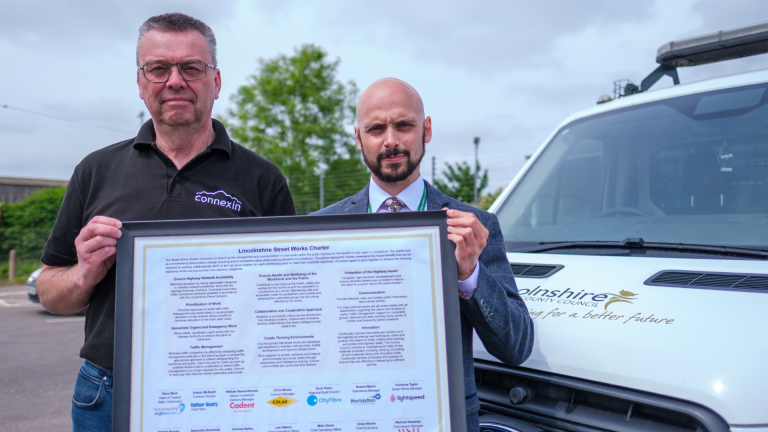Professional services team appointed to support delivery of Community Diagnostic Centre in Hull
Leeds Beckett to help Bradford freight firm boost international growth
Rotherham Markets project makes progress
Work is well underway on the redevelopment of Rotherham Markets as contractors begin fabrication works in the outdoor market and underground carpark.
Inflation creeps up
Rail company encourages applications for charity grants of up to £10,000
Rail operator LNER is encouraging charities, organisations and communities across its 956-mile route to apply for the latest round of funding from the company’s Customer and Community Investment Fund.
The Fund aims to support charities and causes providing funding for small and medium sized projects that deliver a positive impact to issues for people, places, and the planet.
Applicants need to be within 15 miles of the LNER route and the maximum amount that can be applied for is £10,000.
Applications for the latest funding round can be submitted up until midnight on Monday 2 September 2024. We’d love to see as many applications as possible from right along the LNER route.
Further details about how to apply are on the company’s website. More than 130 projects have received funding from our CCIF over the past five years.
Hull City Council takes strong line on firms’ waste management
Border delay over seed inspection causes worry for farmers and growers
Government backing means new factory and new jobs for Barnsley manufacturer
Connexin signs pledge to reduce roadworks wherever possible
Paramount Retail Group acquires Saltaire Brewery
Shipley-based Saltaire Brewery has been acquired by Paramount Retail Group.
The result is an expansion programme with a promise of more beers, says Sales Director Nick Helliwell: “At Saltaire, our goal has always been to craft exceptional beer for drinkers everywhere. We firmly believe if you’re going to brew beer, you must do it right; it’s non-negotiable.
“That is why we’re so thrilled about our partnership with Paramount Retail Group. It gives us greater capacity to bring our beers to more people, all the while allowing us to uphold our commitment to excellence on a national scale—without ever having to compromise on quality.”Backed by PRG’s expertise and resources, Saltaire is poised to become a major player in the UK craft beer industry. As the brewery embarks on this exciting new chapter, it is resolved to continue to innovate and experiment with flavours. The brewery was founded in 2006.












